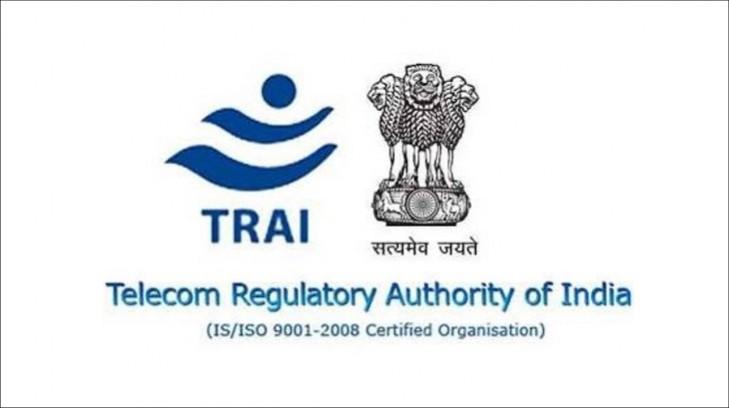![[Representative Image] BSNL commences Wi-Fi network testing to fast-track internet connectivity in rural India. Pictured: A tower with television antennas is pictured in Berlin Oct. 29, 2013. Telecom tower](https://data1.ibtimes.co.in/en/full/600369/telecom-tower.jpg?w=755&h=449&l=50&t=40)
Indian telecom regulator—Telecom Regulatory Authority of India (TRAI) on Tuesday favoured Net Neutrality principles and suggested that restrictions or preferential access to the internet should not be allowed.
However, the regulator has proposed to exempt specialised services, which are optimized for specific content and are not internet service and proposed the Department of Telecommunications (DoT) to identify these specialised services.
"The discriminatory treatment in the context of treatment of content would include any form of discrimination, restriction or interference in the treatment of content including practices like blocking, degrading, slowing down or granting preferential speeds or treatment to any content," TRAI said.
Following this development, DoT will have to accept these recommendations made by TRAI and make changes to the license agreements of telecom operators, to make Net Neutrality a part of the license agreement.
The regulator has further exempted content delivery networks (CDNs), which enable mobile operators to deliver content within its network, without going through the public internet. It also allowed telecom operators to deploy traffic management practices (TMP).

However, the operators though need to declare their TMPs when deployed and what impact it would have on the users, the recommendations said.
Net Neutrality activists argue that internet must not be regulated based on the content and everyone should get equal rights to choose and access content.
Nikhil Pawa, a Net Neutrality activist and the founder of Save the Internet welcomed TRAI recommendations and thanked the regulator for allowing citizens to participate in the policy-making process, in a tweet.
Great @trai ruling on #NetNeutrality. Thank you @TRAI & @rssharma3 for upholding principles of Net Neutrality. I hope US FCC and @AjitPaiFCC learn from your approach.
— Nikhil Pahwa (@nixxin) November 28, 2017
Congrats to all of us Internet users, & to those who will join us online in the future. https://t.co/vS0TK2dHBi
Net Neutrality is the principle which ensures that telecom operators and ISPs aren't allowed to bundle access to websites/apps on the Internet, speed up or slow down certain sites, or charge differently for different websites/apps.








